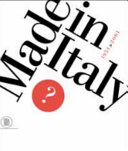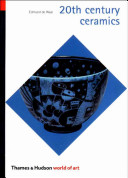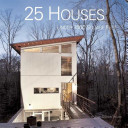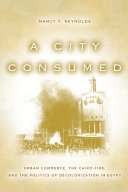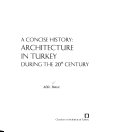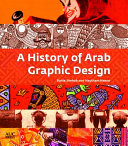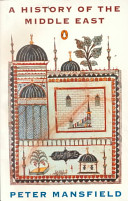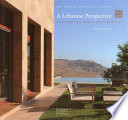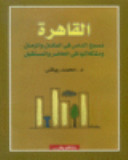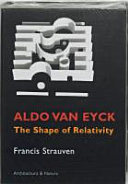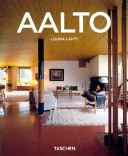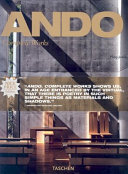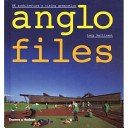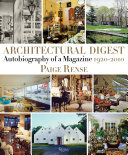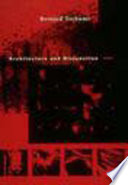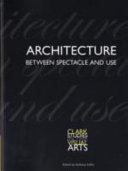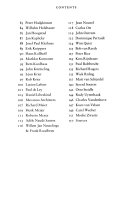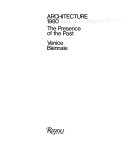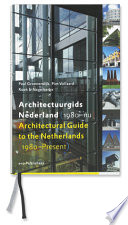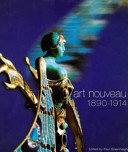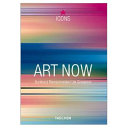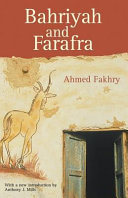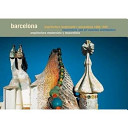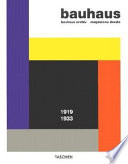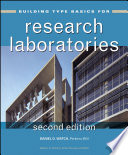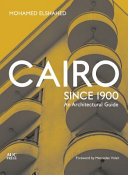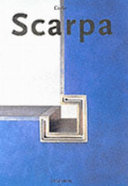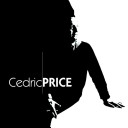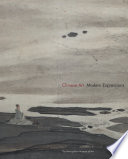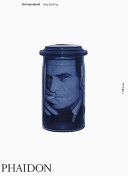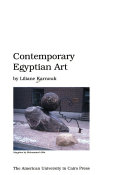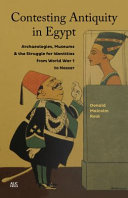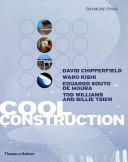The Architectural Uncanny
Essays In The Modern Unhomely
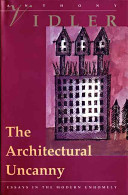
Overview
The Architectural Uncanny presents an engaging and original series of meditations on issues and figures that are at the heart of the most pressing debates surrounding architecture today. Anthony Vidler interprets contemporary buildings and projects in light of the resurgent interest in the uncanny as a metaphor for a fundamentally "unhomely" modern condition. The essays are at once historical - serving to situate contemporary discourse in its own intellectual tradition and theoretical - opening up the complex and difficult relationships between politics, social thought, and architectural design in an era when the reality of homelessness and the idealism of the neo-avant-garde have never seemed so far apart. Vidler, one of the deftest and surest critics of the contemporary scene, explores aspects of architecture through notions of the uncanny as they have been developed in literature, philosophy, and psychology from the beginning of the nineteenth century to the present. He interprets the unsettling qualities of today's architecture - its fragmented neo-constructivist forms reminiscent of dismembered bodies, its "seeing walls" replicating the passive gaze of domestic cyborgs, its historical monuments indistinguishable from glossy reproductions - in the light of modern reflection on questions of social and individual estrangement, alienation, exile, and homelessness. Focusing on the work of architects such as Bernard Tschumi, Rem Koolhaas, Peter Eisenman, Coop Himmelblau, John Hejduk, Elizabeth Diller, and Ricardo Scofidio, as well as theorists of the urban condition, Vidler delineates the problems and paradoxes associated with the subject of domesticity. Anthony Vidler is William R. Kenan, Jr. Professor of Architecture at Princeton University. His most recent book is Claude-Nicolas Ledoux: Architecture and Social Reform at the End of the Ancien Regime.


